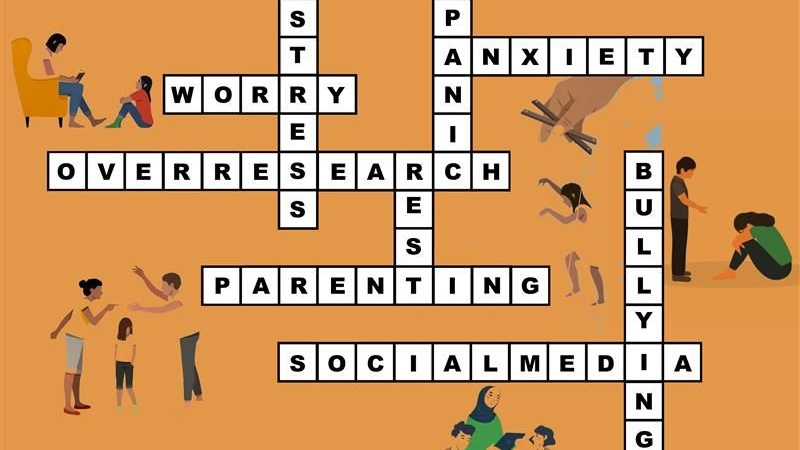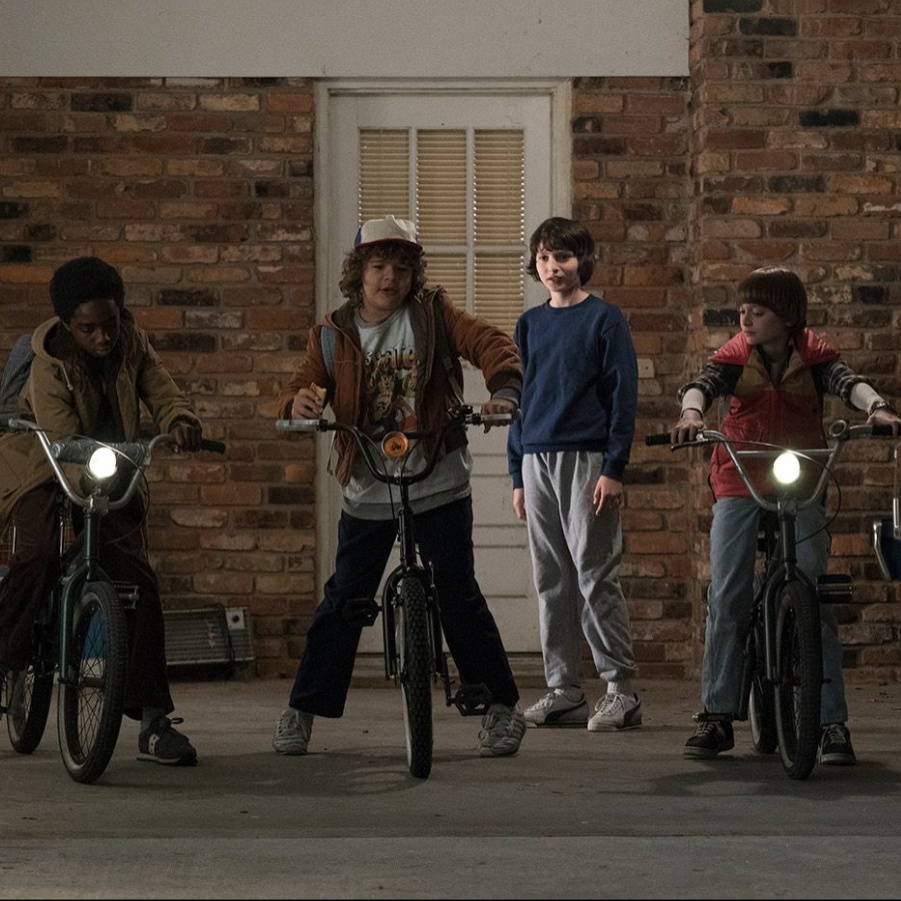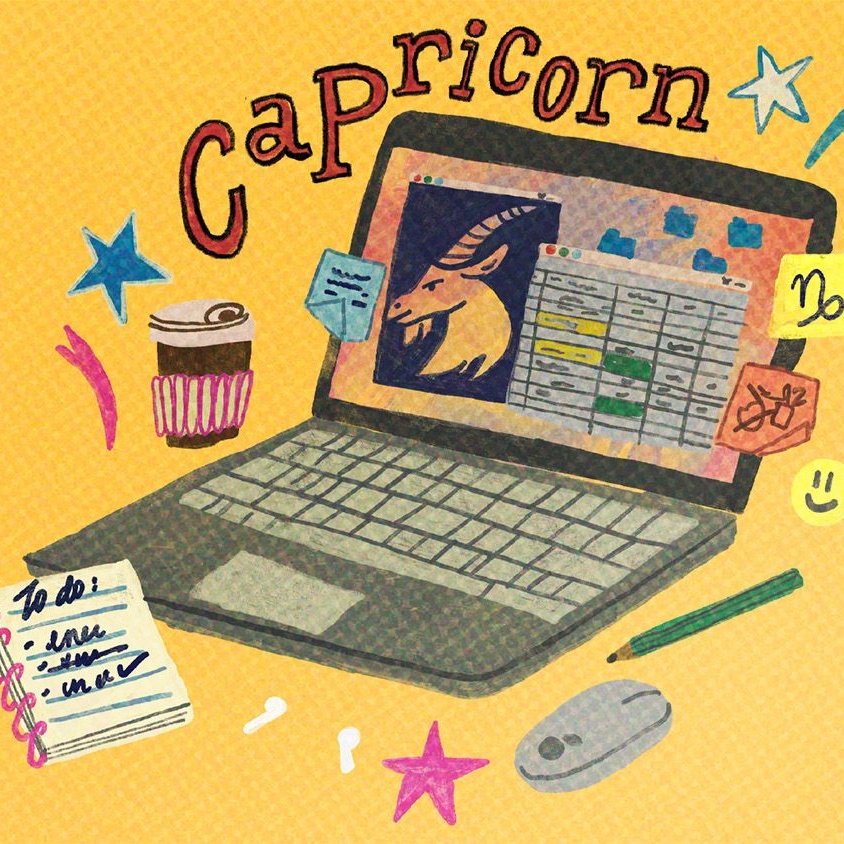I’ve just been awarded my six-monthly crown of world’s worst mother by my daughter with a blistering soliloquy about my varied mis-qualifications. After two or three hours of verbal combat that no gladiator would survive, we eat lunch in silence. She even makes the salad. Exhausted, I want to flee to an alternate universe that expressly prohibits the entry of little people. In the evening, as a post-storm peace washes over our weary souls, she tells me her Instagram feed is full of RIPs and dove emojis. A 16-year-old has died by suicide. Parenting is a gruelling tightrope—it can fill you with self-doubt and despair and then drive you crazy with worry.
In August this year, US Surgeon General Dr Vivek Murthy released an advisory highlighting parental stress. Many parents must have felt seen. Murthy listed stressors such as navigating technology and social media, a youth mental health crisis, and an epidemic of loneliness among young people. He also spoke about issues such as violence and discrimination, more vital than ever to talk about in a hate-filled world. Murthy, a parent himself, knows it’s important that we support parents adequately.
“Parents don’t have the tools to deal with the new challenges,” says Ragini Yerragudi, a clinical psychologist who works with adolescents and young adults. “Children are straddling cultures on their phones, they’re on a different journey from their parents, and there’s a big gap. Technology is a big disruptor; everybody has too much information about too many things, including parenting.”
Kedarnath Gupta, senior creative director at an advertising firm, says he worries about everything from open drains and street dogs to sibling rivalry, to the annoyance of his two daughters, aged 10 and six. He confides, “Just last night, while I was putting them to bed, both my daughters said, ‘Three dialogues are banned for you: All okay? What happened? Be careful.’”
There’s no one way to do it, which makes the job even more complex. “My mom never fought for me with my dad or vice versa. They were always one team with a united front,” Gupta recalls. “But I’m okay letting the cracks show.” Even then, when he squabbles with his spouse on behalf of his children, they hold him back because they don’t like arguments.
Almost every parent I spoke to felt guilty discussing the mental toll of parenting. One even felt the need to specify that she loved being a mother, by way of justification. Yerragudi explains because we often believe we are alone in our experiences, we don’t talk about these topics, or don’t dig deep into how we really feel. And our silence then deprives us of an essential sense of community.
Parenting is made tougher by the ephemeral nature of the job. Just when you master one challenge, the next one presents itself, defying you to conquer it. “The sheer dependence of my child on me smothers me at times,” says freelance writer Archana Adnani. When Adnani’s mother was recently hospitalised in Delhi, she had to take her nine-year-old daughter along. “She missed school for two weeks, but leaving her in Mumbai was not an option. I was stressed and stretched, trying to balance hospital duties and looking after my daughter.”
And as children approach senior school, the pressure to figure out the future is relentless. Sports, social impact, and academics are the triumvirate of the ‘successful’ college applicant. “There’s lots of comparison and competition,” says Yerragudi, adding that the quest to be “perfect parents” takes a big toll on us.
Dilshad Master, a travel industry professional, motivational speaker, and mother to a 13-year-old, joined a WhatsApp group where eager parents discuss how to pick universities abroad and identify appropriate ‘study abroad counsellors’. They debate subject choices, colleges here vs colleges abroad, academics vs co-curriculars, which country works best for which subject. “The group totally stresses me out! I wonder how this information is going to help me or S? At the end of the day, she’s still stubborn about ‘dropping History next year’ and ‘I'm not going to do Physics’...I can't make those choices for her, neither can I force her,” says Master. Every time she stresses about her child’s future, she comforts herself with the knowledge that her teenager has many valuable strengths. “I’m ensuring that she gains life skills—communication, expression of thought, confidence, discipline and respect, collaboration, and teamwork. She stands up for her friends, doesn’t allow bullying, respects her teachers, is rarely late for school, loves the outdoors, is kind to strays, is respectful and polite with our house help,” she says. “The rest, I think, she’ll figure out for herself.”
When Master’s spouse passed away four years ago, and she suddenly found herself a single parent, she was initially hesitant to take her friends up on their offers of a helping hand. “And then I realised that was simply foolish. Because I cannot possibly do this alone,” she says. “I no longer hesitate to seek help.”
On fraught days like the one I recently had, I think of a photograph from when my daughter was seven months old. It taken at the end of whirlwind ‘new mom’ day where I experienced fatigue, anxiety, and the realisation that parenting was not something that came ‘naturally’, but a skill that would have to be learned and updated every single day. In the close-up of my exhausted face, my eyes are shiny and unseeing, my curls are dry and frizzy, my smile is decidedly manic. That day, I calculated that it takes a minimum of three people to raise a child—so two can take a break at any given point. Every time I feel a failure as a mother or seek endurance for the long, hard slog that is parenting, I go back to that image. It reminds me that this too shall pass.







